Features of NJE3 Course
In the NJE3 course, students will study key issues such as “Environmental Assessment,” “Cultural Diversity,” “Soil and Production,” “Local Resource Development,” and “Disaster Prevention Management” for the northern region, where global issues such as climate change, historical and cultural diversity are concentrated. This course aims to develop regional specialists with a multidisciplinary and comprehensive perspective that can be obtained by connecting the various research fields practiced in the NJE3 course.
In this course, students complete the Basic Program by joining the field studies in Hokkaido or a few weeks study abroad at OGGs Partner Universities in northern region, after taking the basic courses at Hokkaido University. In addition, students can complete the Advanced Program by studying abroad at OGGs Partner Universities more than 3 months and meeting the requirements.
This course is recommended for students who…
- Want to focus on cold regions including the Arctic region.
- Want to make it my own business, not someone else’s, the indigenous peoples and cultural heritage common to Hokkaido as a resident.
- Want to develop a new field by combining co-creative research and methods from different fields.
Experience
Graduate School of Env.Science, Division of Environmental Science Development M1
Ms. ROKUI Natsuki
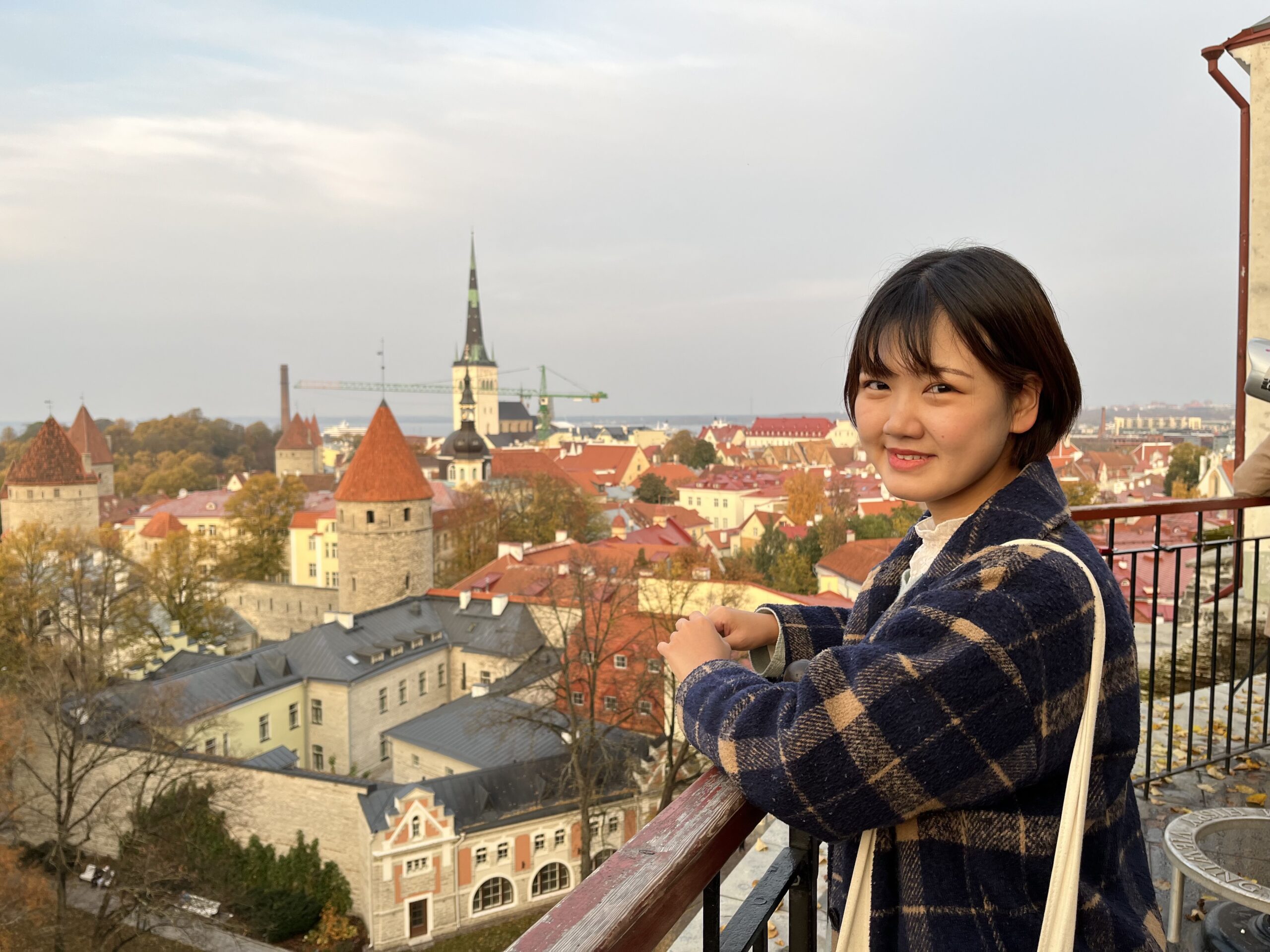
I thought, “Now that I am in Hokkaido, I want to learn about the ‘northern’ environment!” This is what prompted me to participate in the NJE3 course.
In the lectures, I learned about biodiversity, climate change, building technology, ethnic culture, and Nordic art in Hokkaido, Scandinavia, the Arctic, and other northern regions. I believe that anyone with an interest in these subjects, regardless of whether they are in the humanities or sciences, can enjoy learning about them. There were also group activities with international students, and I will never forget the sense of accomplishment I felt when I was able to make a successful presentation after going through the difficulties of communication.
The 10-day practical training in Finland was particularly impressive. By looking at the country from a variety of perspectives, including cultural anthropology, linguistics, and art, I was able to gain a composite understanding of how the history the country has built is connected to the present day. I feel that the ability to think about things from multiple perspectives has been useful in my research and job-hunting activities. There are many other valuable experiences that can only be had by going there, such as walking around the ancient capital with a professor from the University of Helsinki, having discussions with students studying Japanese, and visiting World Heritage sites!
NJE3 Professors
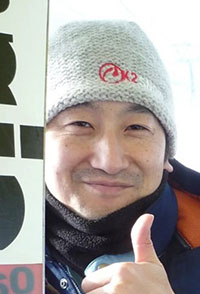
Faculty of Engineering
For those studying and researching in Hokkaido, it would be highly practical to study and consider the characteristics and challenges of the northern cold regions. The northern region includes the Arctic region, which is most vulnerable to the effects of climate change, and various indigenous peoples who have faced difficulties in maintaining their own culture. You can find unique architectural designs developed in snowy and cold climates. You can explore your own ideas in a programme led by a team of teachers who have practised field research. Study about the northern region while you are in Hokkaido University.

Center for Ainu & Indigenous Studies
Hirofumi Kato Prof.
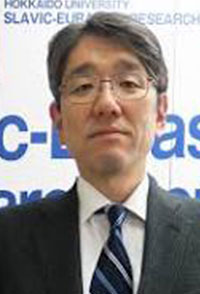
Slavic-Eurasian Research Center
Manabu Sengoku Prof.
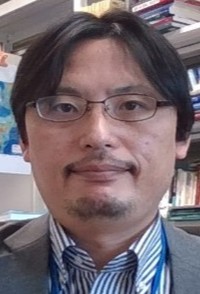
Arctic Research Center
Fujio Ohnishi Assoc. Prof.
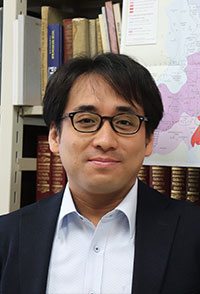
Faculty of Humanities and Human Science
Kenta Sugai Assoc. Prof.
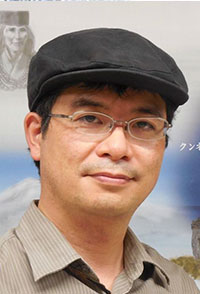
Center for Ainu & Indigenous Studies
Itsuji Tangiku Assoc. Prof.
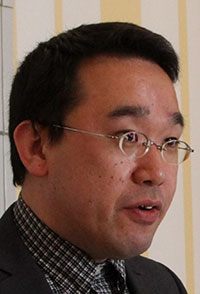
Slavic-Eurasian Research Center
Daisuke Adachi Assoc. Prof.
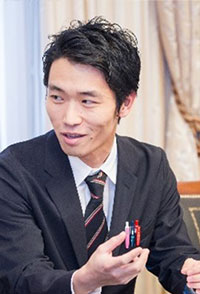
Faculty of Engineering
Norihiro Watanabe Assoc. Prof.
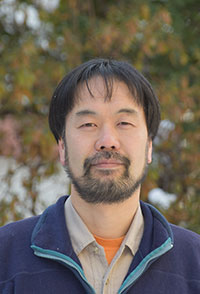
Research Faculty of Agriculture
